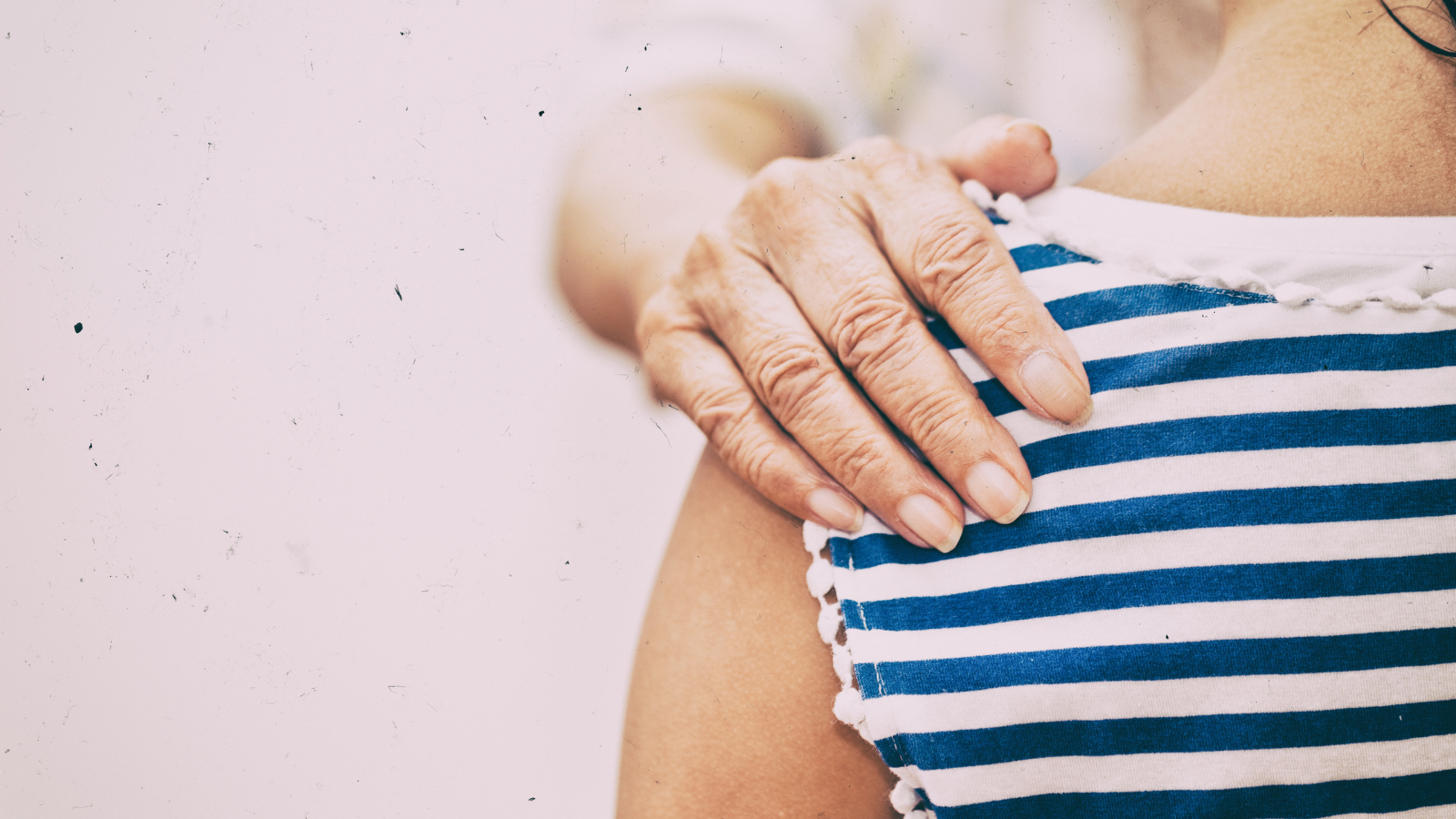Gender inequalities are at the heart of the care economy, directly linked to women’s position on the frontline of unpaid and low-paid work in the globalised care economy.
COVID-19 pandemic has demonstrated the essential nature of care work and its central role in the functioning of economies and societies. Despite the critical role caring activities play in EU economies, contributing directly to economic and social well-being, care is undervalued, receives little recognition, and is frequently low-paid or often unpaid. At a global level, care work is overwhelmingly carried out by women, often as part of a hidden or underground economy and shaped by historical and persistent gendered inequalities.
The European Commission published a study that was established at the request of the Committee on Women’s Rights and Gender Equality (FEMM). It explores the impact of COVID-19 on the EU care economy, the gendered nature of care work, and its continued reliance on unpaid or low-paid work of women. Despite the recognition of the centrality of the care economy during the pandemic, the establishment of a new highly significant EU funding mechanism (the Recovery and Resilience Fund, RRF) is focused largely on digital and green investments, paying only marginal attention to gender equality and the care economy. This research study aims to examine the gendered nature of the EU care economy, the impact of COVID19 on care and the care sector, and the extent to which gender equality and care have been taken into account in the EU COVID-19 Recovery Plan.
Read the full report here.
Photo: ©Getty Images Signature via Canva.com





